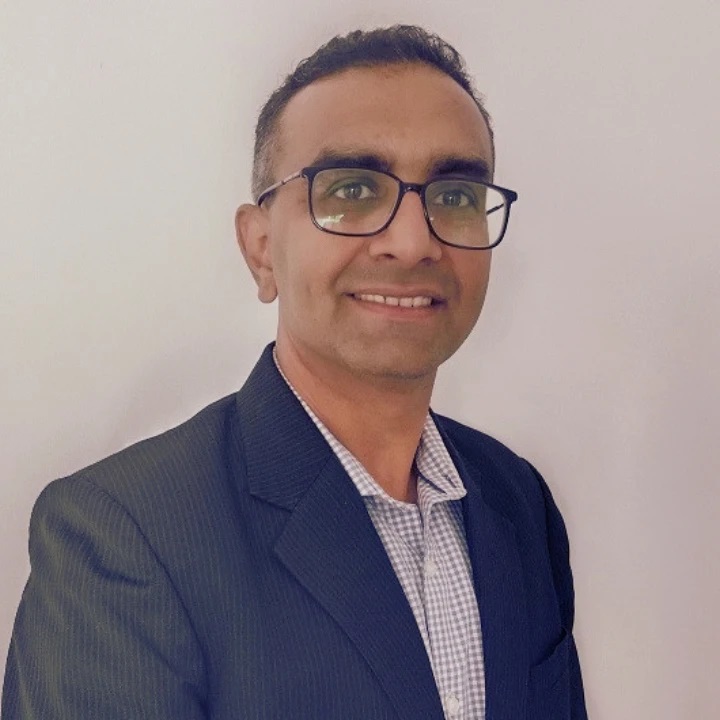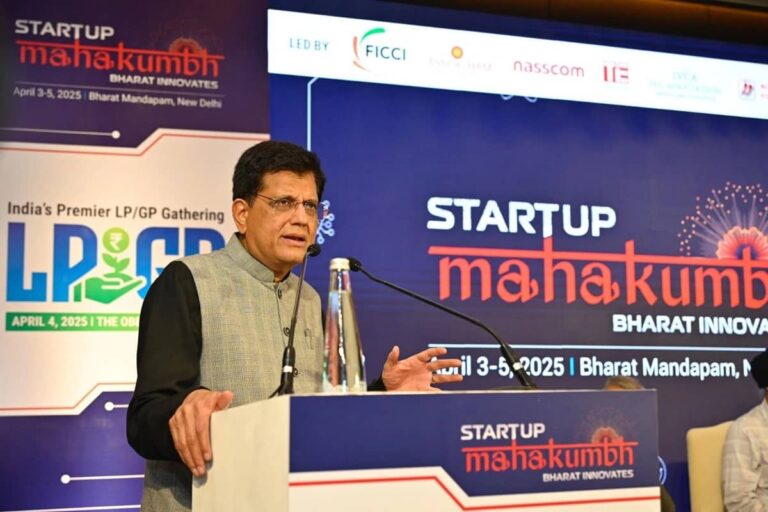An Executive Interview evaluates a candidate’s eligibility for an executive position. This assesses how they might handle company-wide issues and how well they assimilate with the company’s culture.
The examples listed below focus on specific skills to be evaluated. They can be changed based on the responses and how you want to assess the candidates.
Question 1: What is your approach to setting and achieving long-term goals for an organization?
To Assess: Strategic vision and goal-setting.
Sample Answer: “I focus on aligning goals with the company’s mission and market trends. For example, I once set a five-year goal to expand into new markets, starting with a detailed market analysis and then gradually increasing our presence through partnerships, which resulted in a 30% revenue increase.”
Question 2: How would you describe your leadership style, and how has it evolved over your career?
To Assess: Leadership adaptability and self-awareness.
Sample Answer: “I adopt a transformational leadership style, focusing on inspiring and empowering my team. Early in my career, I was more directive, but I’ve learned the value of collaboration and mentoring to drive performance.”
Question 3: Describe a significant challenge you faced as a leader and how you overcame it.
To Assess: Problem-solving and resilience.
Sample Answer: “During a merger, employee morale dropped significantly. I held transparent communication sessions, addressed their concerns, and implemented a recognition program to rebuild trust, which improved retention by 20%.”
Question 4: How do you make critical decisions under pressure?
To Assess: Decision-making and stress management.
Sample Answer: “I rely on a mix of data analysis and stakeholder input. For instance, during a product recall, I quickly gathered the facts, consulted with the quality and legal teams, and decided to issue a proactive statement, preserving the brand’s reputation.”
Question 5: What strategies do you use to build and sustain high-performing teams?
To Assess: Team-building and talent management.
Sample Answer: “I focus on hiring diverse talent, fostering collaboration, and providing professional development opportunities. In one case, this approach led to a 40% productivity increase within my division.”
Question 6: How do you ensure organizational financial stability and growth?
To Assess: Financial planning and business acumen.
Sample Answer: “I regularly review financial metrics and prioritize cost-efficient strategies. For instance, I streamlined operations by adopting automation tools, reducing costs by 15% without compromising output.”
Question 7: How have you navigated significant changes in your industry?
To Assess: Adaptability and Innovation.
Sample Answer: “In response to digital disruption, I spearheaded a digital transformation project, implementing AI-driven tools that improved customer engagement and positioned us as a market leader.”
Question 8: How do you ensure clear communication within an organization?
To Assess: Communication and transparency.
Sample Answer: “I use a combination of open-door policies, regular updates, and town halls. For example, during a restructuring, I maintained employee trust through bi-weekly Q&A sessions.”
Question 9: How do you manage relationships with key stakeholders, including the board, clients, and investors?
To Assess: Stakeholder management and relationship-building.
Sample Answer: “I prioritize open communication and alignment on objectives. In one instance, I resolved investor concerns about declining profits by presenting a recovery plan, which restored their confidence.”
Question 10: How do you measure success in your role as an executive?
To Assess: Goal-setting and performance evaluation.
Sample Answer: “Success combines achieving financial targets, employee satisfaction, and market leadership. At my last company, I monitored these metrics quarterly and consistently met or exceeded targets.”




